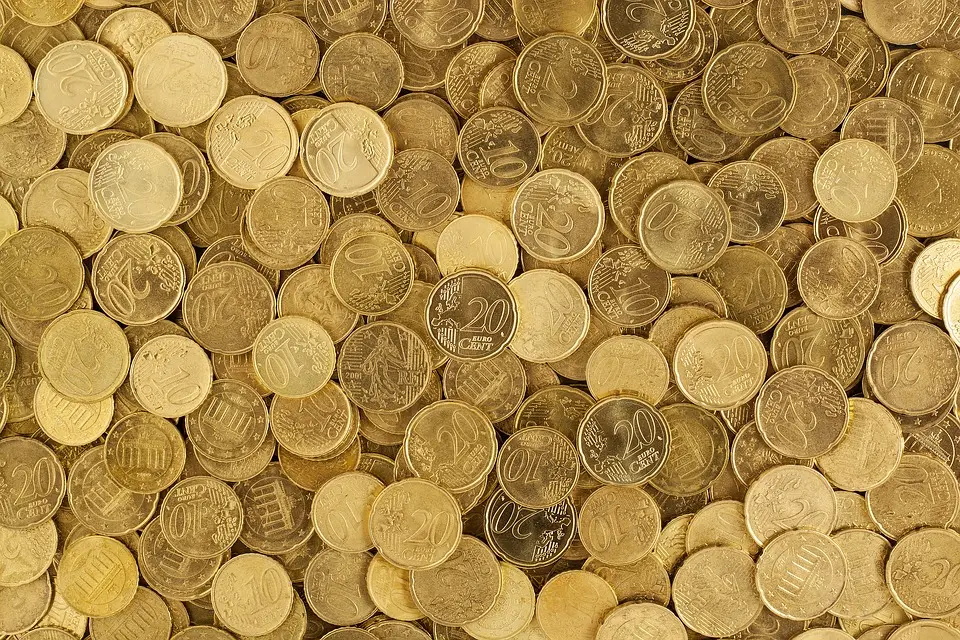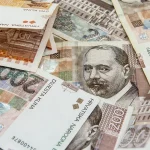As Poslovni Dnevnik writes, according to previous announcements, Croatia should enter the Eurozone and as such finally adopt the on January the 1st, 2023, and before the euro officially becomes the country’s official currency in replacement of the kuna, many preparations will have to be made.
When it comes to just who will be in charge of the technical realisation of some important things about the introduction of the euro and how the euro will work at the very beginning, the Croatian National Bank confirmed for Net.hr that the new euro coins of the Republic of Croatia will be made at the Croatian Monetary Institute.
“The production of euro circulation coins with the Croatian national symbols will begin at the earliest six months before the day of the introduction of the euro, ie after the EU Council Decision that Croatia will introduce the euro,” the Croatian National Bank explained.
With the day of the introduction of the euro as the national currency of the Republic of Croatia approaching, a sufficient amount of euro coins will be prepared for circulation to meet the needs of all people and business entities, the national bank added. What everyone is interested in at the moment, however, is just how long it will be possible to use both kuna and euro in parallel before the kuna is phased out and placed in this history books entirely.
“During the first two weeks from the day of the introduction of the euro, kuna and euros will remain in circulation at the same time, and traders should return the rest of the money to customers which have paid in kuna exclusively in euros,” the Croatian National Bank explainsed After that period, the euro will be the only legal tender allowed in the country, they added.
“In order to ensure a smooth transition to the new currency, in a short transition period, the kuna and the euro will have the status of legal tender at the same time. In other words, people will be able to pay in both currencies in the first two weeks starting from the day the euro is introduced in stores. After two weeks from the day of the introduction of the euro, the euro will be the only legal tender in the Republic of Croatia,” they stated from the Croatian National Bank.
Money, meaning Croatian kuna, can be exchanged for euros free of charge for the first six months of the euro being in use in the country. However, if someone does forget to exchange any kuna cash they have into euros after that deadline, it will still be possible. Namely, in the first six months from the day of the introduction of the euro by the bank, Fina and Hrvatska posta d.d. will allow kuna cash to be exchanged for euros in all branches free of charge, and in the next six months they will be entitled to charge a fee for this service.
For more, follow our dedicated lifestyle section.











